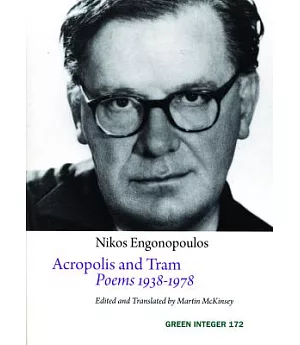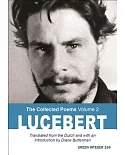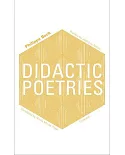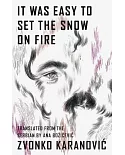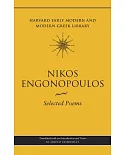Nikos Engonopoulos is surely one of the most curious figures in twentieth-century poetry. An ambidextrous painter-poet and early convert to surrealism, Engonopoulos joined forces with Andreas
Embirikos and Odysseus Elytis in the late 1930s to change the course of Greek poetry forever.
Bruised by the reception in the Athens press of his first two books, Engonopoulos spent the next 40 years in semi-seclusion, evolving a theater of gesture and sign in which were acted out the
drama of twentieth-century geopolitics. For Greece, this meant military dictatorship, foreign invasion and occupation, a brutalizing civil war and subsequent Cold War lockdown. On the stage of
Engonopoulos's poetry these events appear in costumes from other times and places, mostly the former Greco-Balkan world that reached from the Rio dei Greci in Venice to the ancient city of
Sinope on the Black Sea.
Acropolis and Tram, Engonopoulos' first collection in English, spans his career from the early experiments in surrealist disassociation to the late elegies for a lost world. It also includes
the long poem "Bolivar," his covert ode to the Greek resistance first published in 1945.

